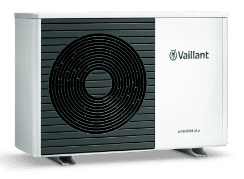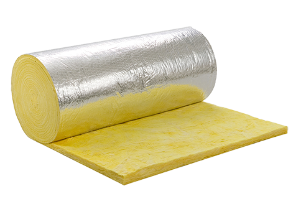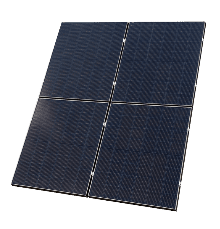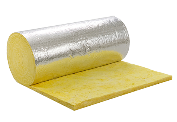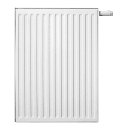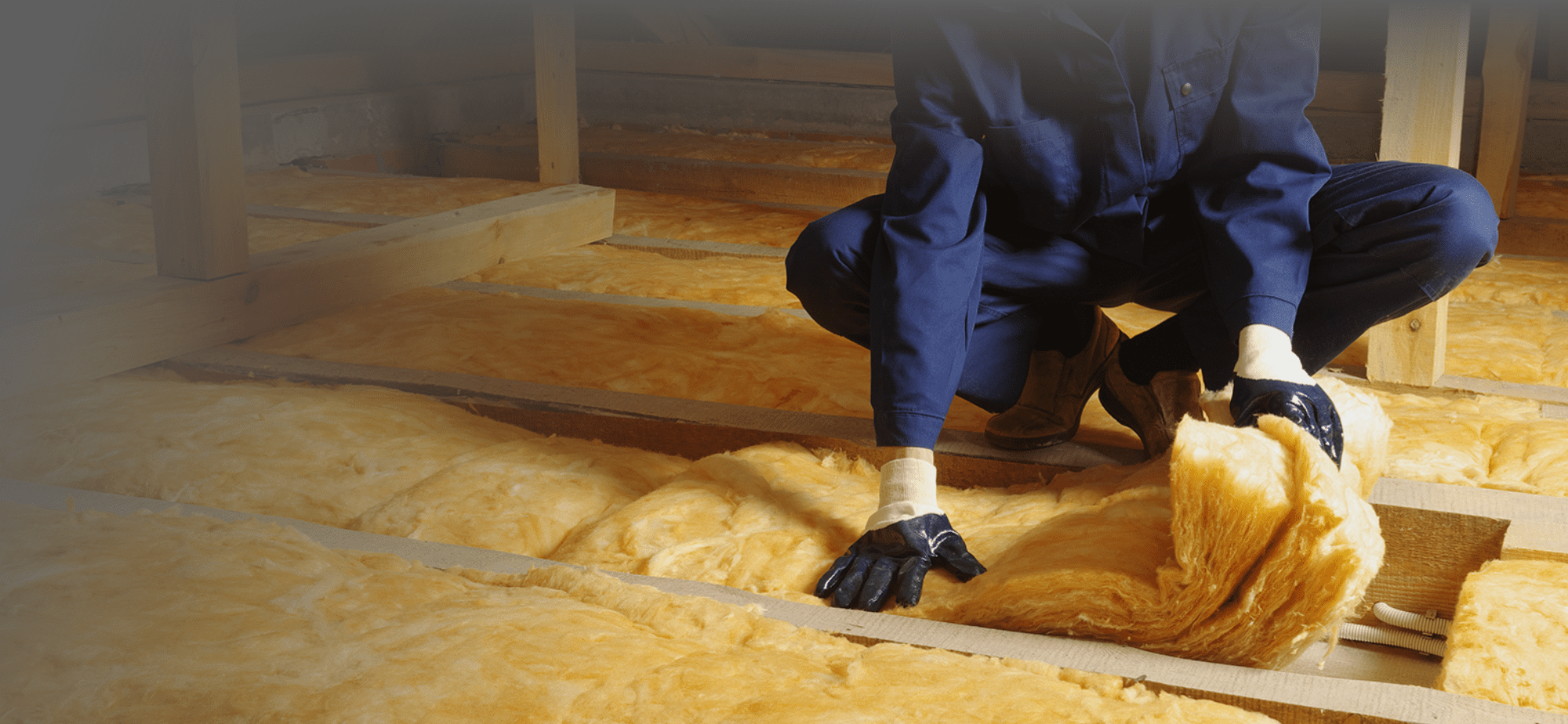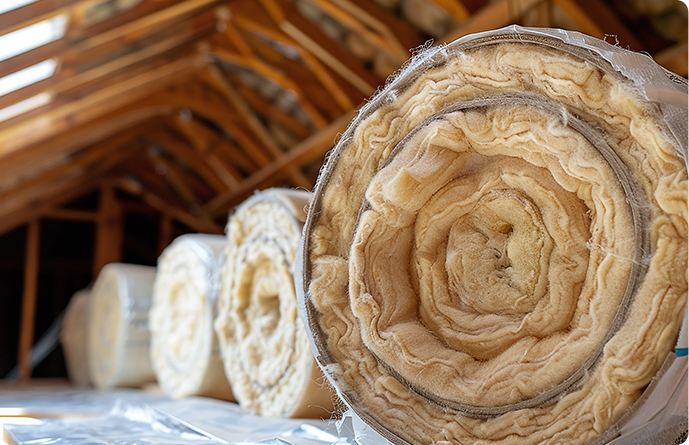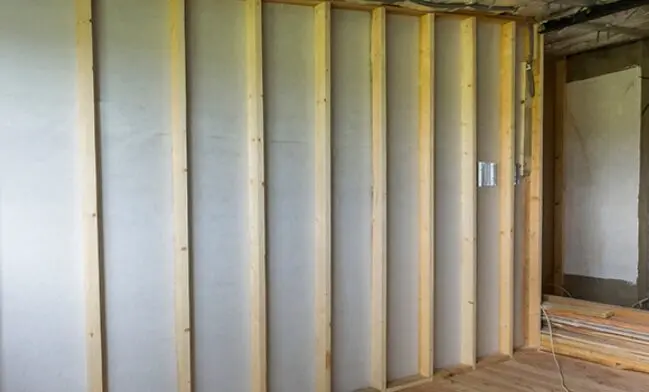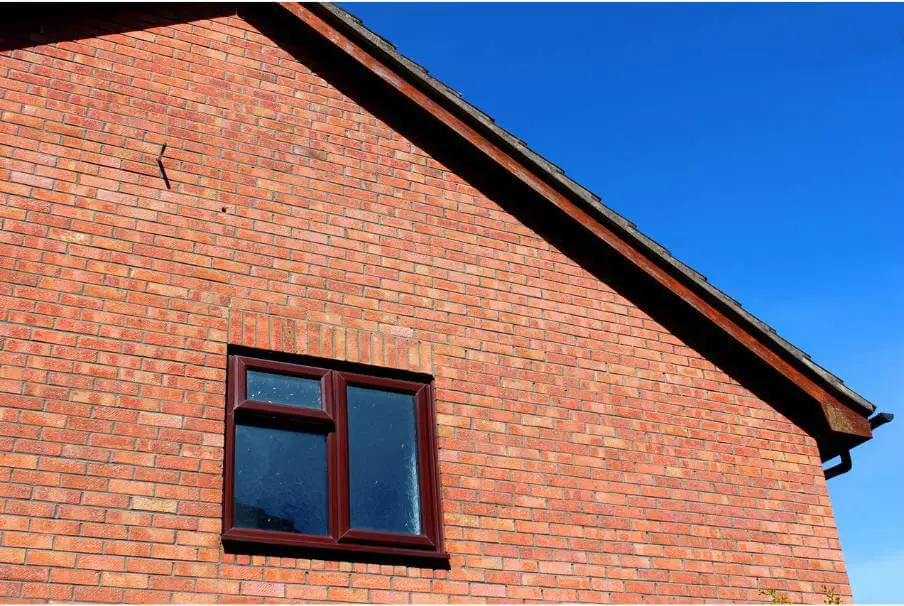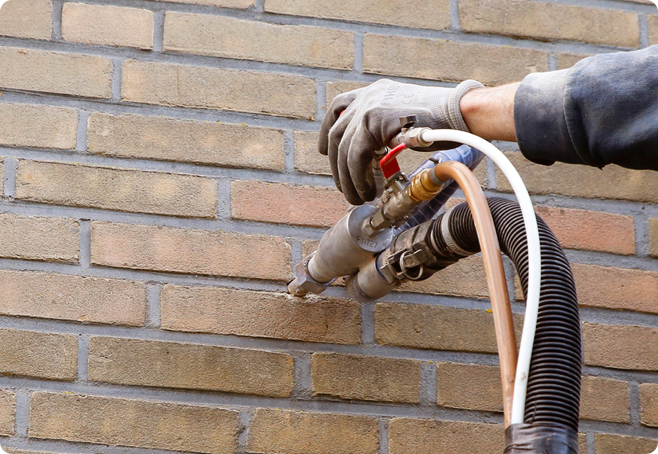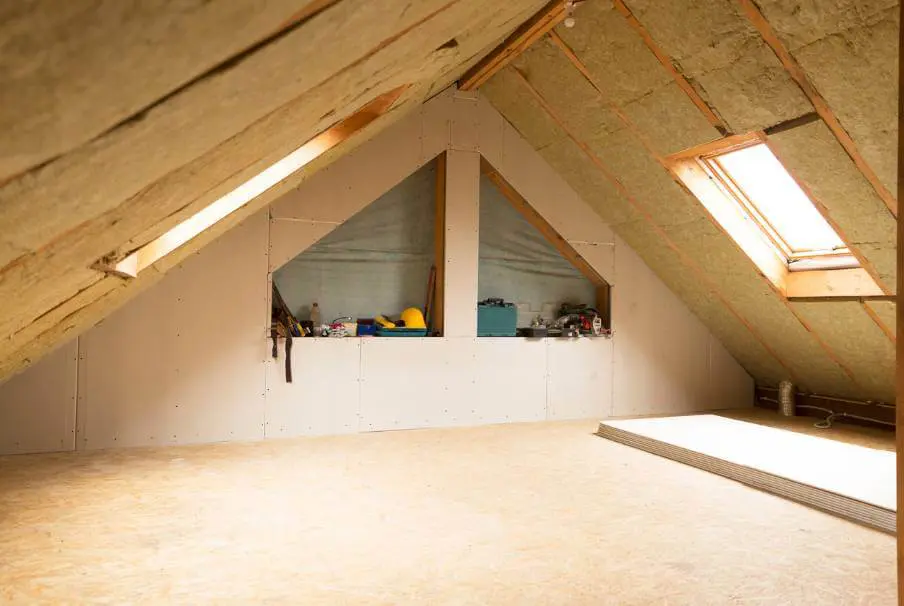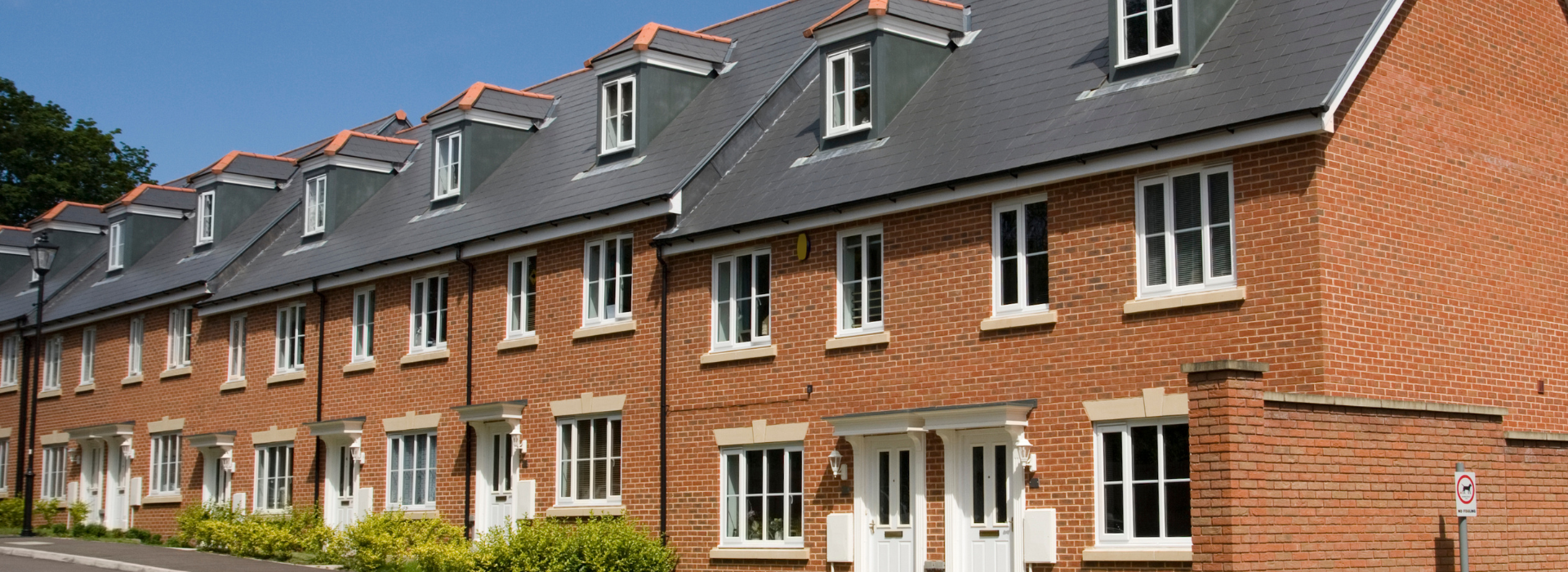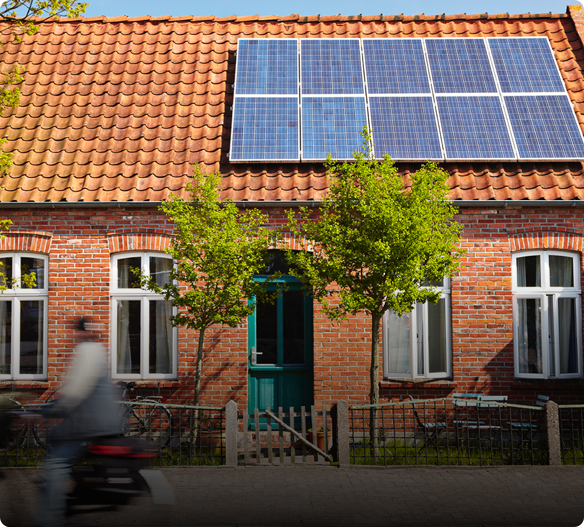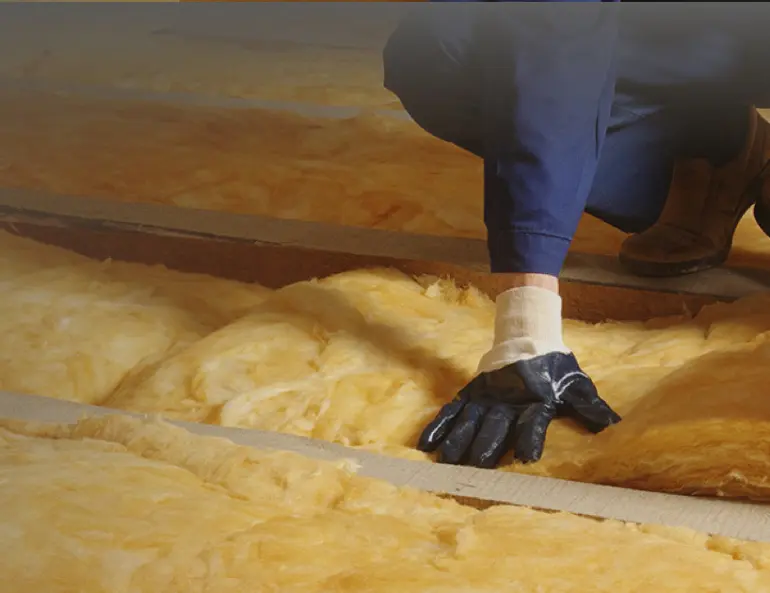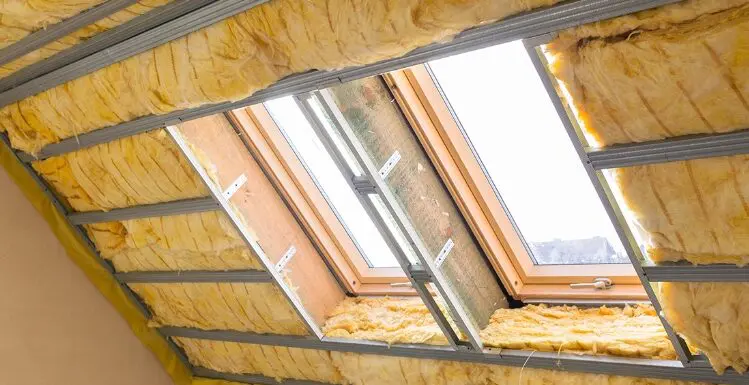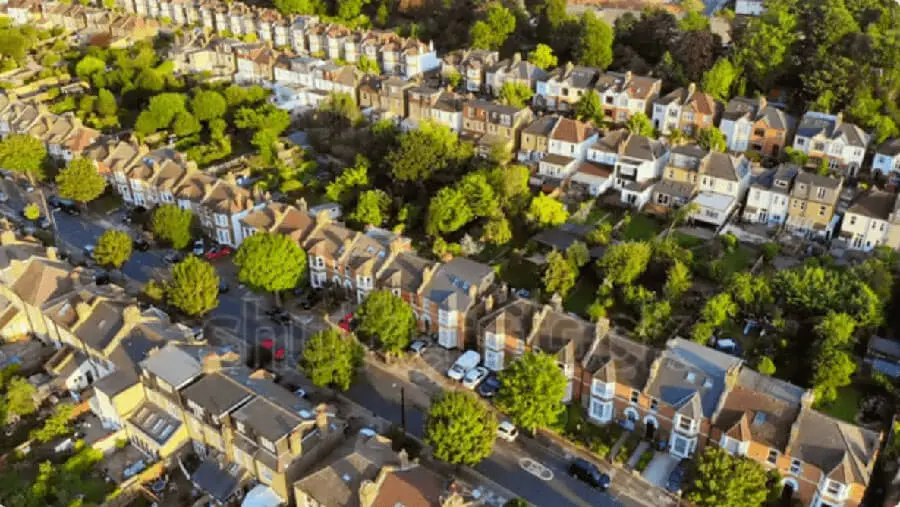What is the Great British Insulation Scheme?
The Great British Insulation Scheme (GBIS) is a UK government initiative to help homeowners and tenants improve their home insulation. It helps keep your home warm in the winter and cool in the summer, saving you money on energy bills.
GBIS is government-funded and aims to help eligible households save around £300 a year on energy bills. Around 300,000 people can benefit from free or reduced-cost insulation through this scheme.
What makes GBIS funding special is that it helps everyone, especially those who need it the most. It specifically helps those on the lowest incomes and households with the least energy-efficient homes, making a real, widespread impact.
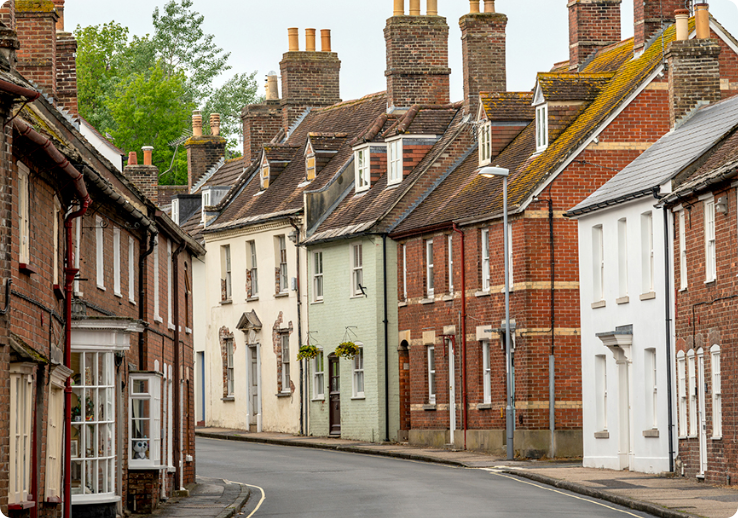
Great British Insulation Scheme eligibility
The Great British Insulation Scheme eligibility qualifying requirements are as follows:
- You’re on qualifying benefits, and you’re a homeowner with an EPC rating of D to G
- You privately rent your home and have an EPC rating of D or E
- You are a homeowner and have an EPC rating of D or lower and a council tax band of A to D in England, or A to E in both Wales and Scotland
If you qualify, you will receive one insulation upgrade which will either be free or may require a small contribution to the cost of installation.
GBIS funding qualifying benefits:
- Income-based Job Seekers Allowance
- Income-related Employment and Support Allowance (ESA)
- Income Support
- Pension Credit
- Guarantee Credit
- Working Tax Credit
- Child Tax Credit
- Universal Credit
- Housing Benefit
What to expect before and after you apply for GBIS funding
Ready to see if you qualify for the Great British Insulation Scheme? Here’s what to expect from the process.
1. Check your eligibility
Using our form, enter your details and answer a few questions, and we will do the rest to see if you qualify.
2. Home survey
If you qualify, we’ll schedule a home survey where an expert will assess your home to determine the best insulation measures.
3. Book an install
After your home survey, we’ll book an installation date that works for you.
4. Enjoy a warmer home & start saving
We’ll get to work on installing your insulation so you can start enjoying a warmer home.
Insulation measures available under the Great British Insulation Scheme
Once our surveyor has completed their survey, we will be able to determine which of the following insulation measures is most suitable for your home. This might include:
Cavity Wall Insulation
Cavity wall insulation fills the gap between your home’s inner and outer walls with insulating material.
This reduces heat loss, lowers your energy bills, and keeps your home warmer. It’s a cost-effective way to boost comfort and add value to your property.
Loft Insulation
Loft insulation involves adding insulating material to your attic or loft space to prevent heat from escaping through the roof.
For you, this means lower energy bills, a warmer home in the winter, and a cooler one in the summer. It’s an easy way to enhance comfort, reduce energy costs, and increase your home’s value all year round.
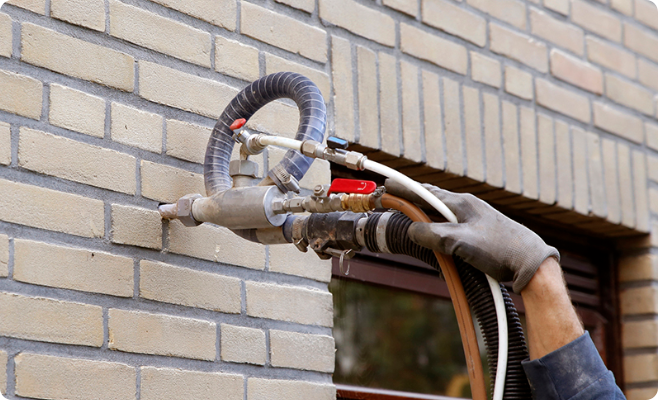
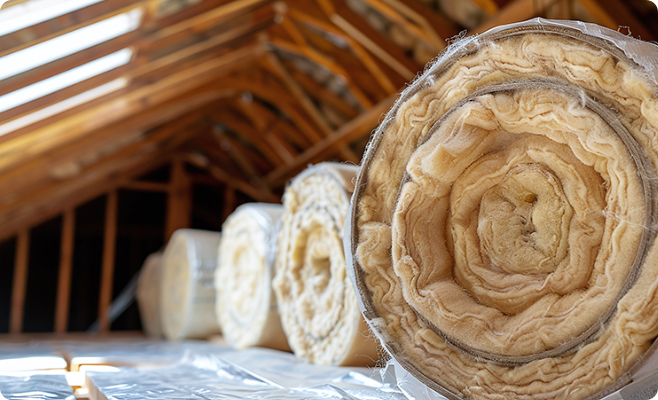
Here’s why you can trust Eco Providers
Domestic retrofit experts you can trust in your home

Accredited insulation installers
Our team is accredited and experienced, guaranteeing top-notch installation of your insulation.
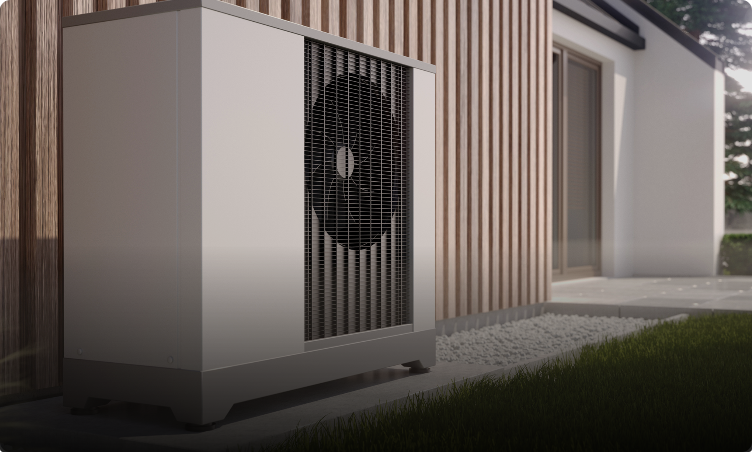
Rated ‘Excellent’ on Trustpilot
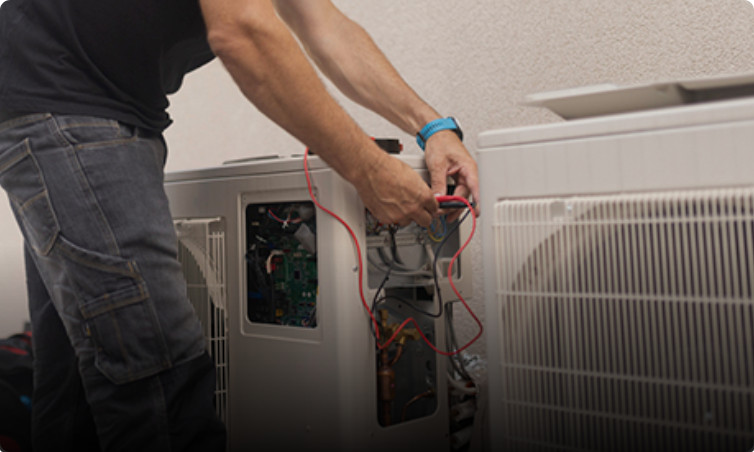
Thousands of successful installations
Frequently Asked Questions
The Great British Insulation Scheme started in March 2023, aiming to help around 300,000 households across the country save up to an average of £400 a year on their energy bills by adding new insulation measures to their properties.
The scheme runs until March 2026, so don’t miss out. Complete our form to check your Great British insulation scheme eligibility
Yes, the Great British Insulation Scheme is open to landlords looking to improve the energy efficiency of their rental properties. If you are a landlord, you can apply for funding to install various insulation measures that can help reduce energy bills and make your properties more attractive to tenants.
The GBIS funding aims to provide either full or partial funding for the installation of insulation measures in eligible homes. While some households may receive these improvements at no cost, others might need to contribute a portion of the costs. The level of funding available often depends on individual circumstances, such as income and property type.
